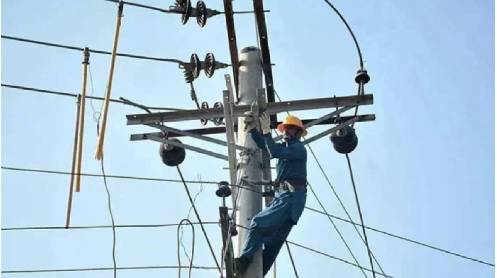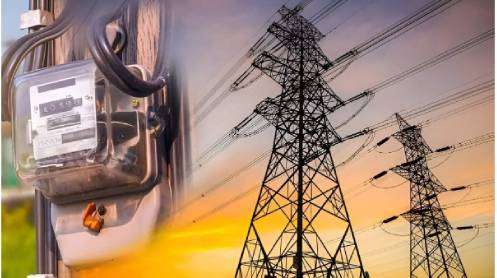PESHAWAR, July 2025 — A disturbing trend has emerged in Peshawar, where drug addicts are now targeting high-voltage electricity cables for theft, posing grave risks to public safety and severely disrupting power supply across the city.
According to the Peshawar Electric Supply Company (PESCO), millions of rupees worth of copper wires have been stolen in recent weeks. Thieves, often addicts armed with axes, operate under the cover of darkness in areas such as Chamkani, Doranpur, Northern Bypass, Motorway Toll Plaza, Budhni, Ring Road, Tehkal, Hazarkhwani, and GT Road.
Unlike previous thefts of iron manholes or water pumps, these criminals now scale electric poles to steal live transmission cables, risking deadly electrocution. PESCO has confirmed at least seven fatal incidents in the past two years, including two men recently found dead with burn injuries near Tehkal Bala after attempting to steal from an 11,000-volt line.
“This growing black market for copper wire is fueling the crisis,” said Wasif Khan, a resident of Chamkani. “Addicts now avoid CCTV-monitored neighborhoods and instead target isolated roads.”
One addict confessed that even small pieces of stolen wire sell for Rs3,000–4,000, motivating many to continue despite the risks. Power outages caused by such thefts have added to residents’ frustration, as PESCO emergency teams rush to repair damaged infrastructure.
PESCO spokesperson Usman Saleem confirmed that incident reports have been escalated to authorities, while local officials compile data and manage response teams. Sudden power restoration during load-shedding has also increased fatal accidents.
CCPO Peshawar Qasim Ali Khan acknowledged the issue, stating that cable thefts often go unreported unless fatalities occur. In response, a joint police crackdown recently sent 2,000 addicts to rehabilitation centers, though many have since migrated to suburban zones to evade detection.
PESCO plans to formally approach the Khyber Pakhtunkhwa government for urgent action, calling for coordinated efforts between law enforcement and utility companies to tackle the escalating crisis threatening both human lives and public infrastructure.







